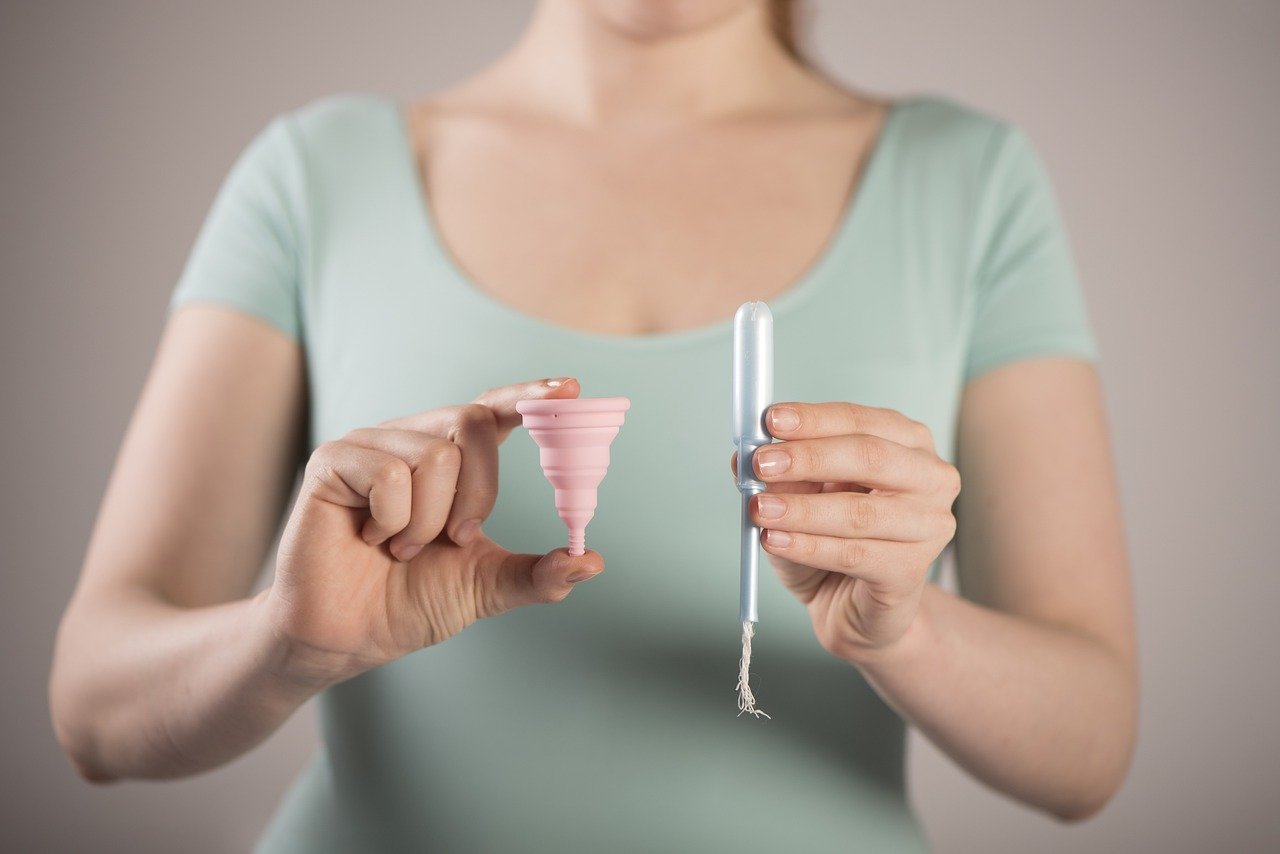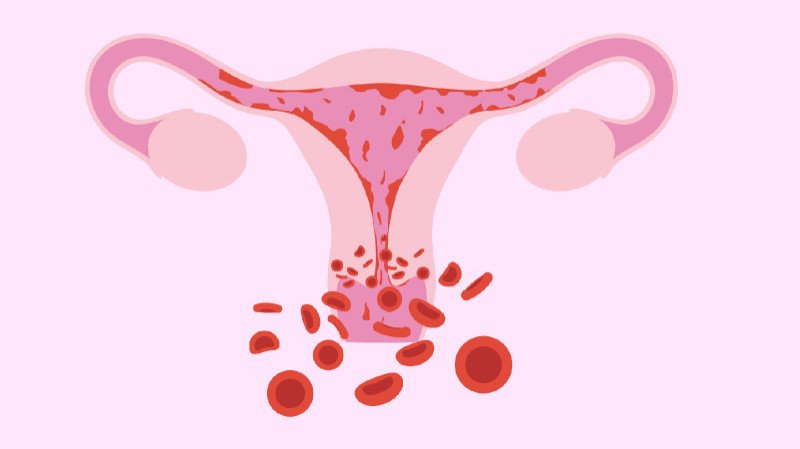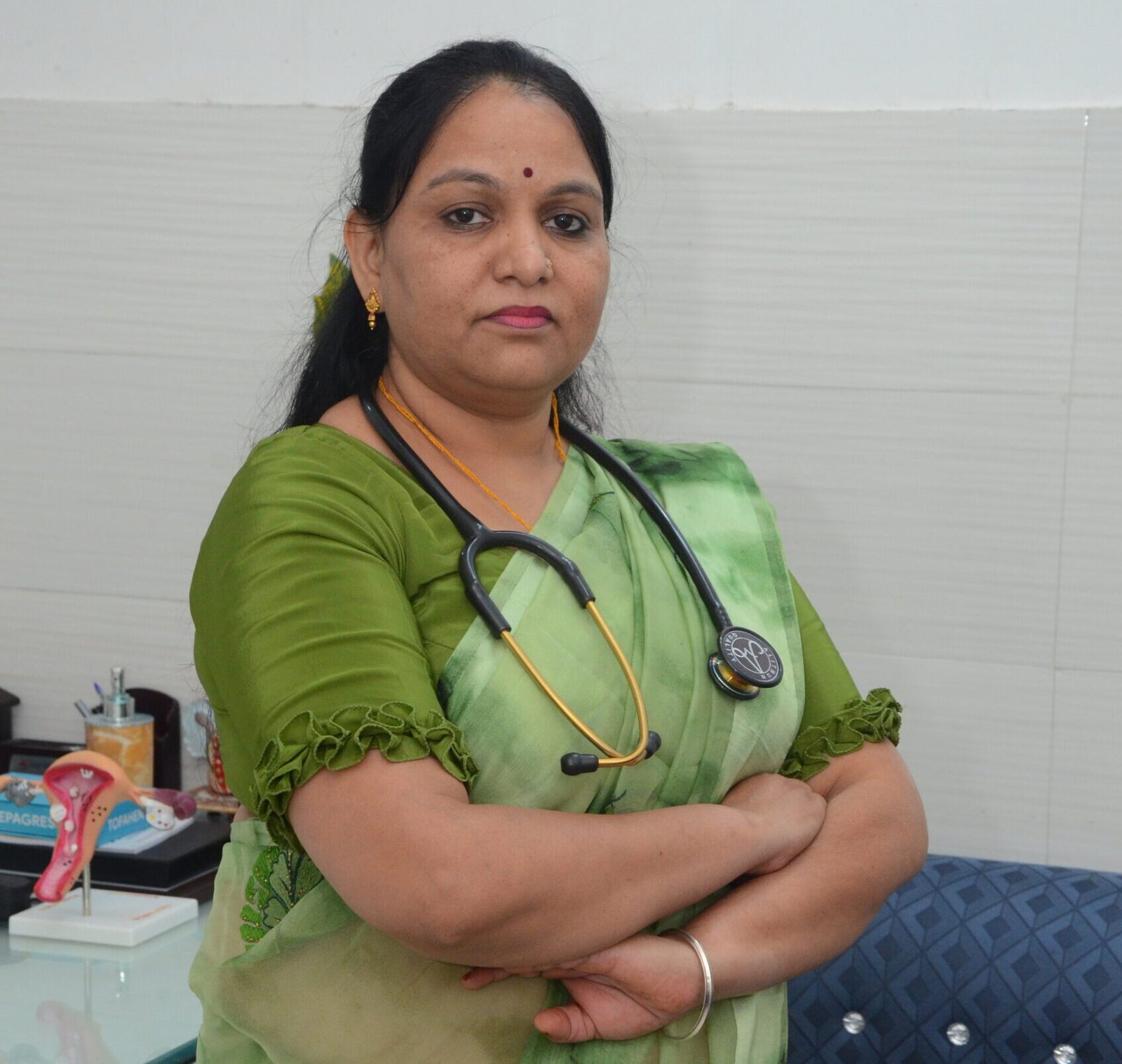Menstruation related disorders

Menstruation-related disorders encompass a variety of issues that affect the menstrual cycle and can significantly impact a woman’s health and quality of life. These disorders can manifest in various ways, including irregular periods, heavy or light bleeding, severe pain, and more. Below is an overview of common menstruation-related disorders:
Dysmenorrhea (Painful Periods)
Primary Dysmenorrhea
This is common menstrual pain that occurs with menstruation and usually starts within a few years of a woman’s first period. The pain is often felt in the lower abdomen, back, or thighs and can range from mild to severe.
Secondary Dysmenorrhea
This type of pain is caused by a reproductive disorder such as endometriosis, fibroids, or adenomyosis. It usually starts later in life and is more intense than primary dysmenorrhea.
Menorrhagia (Heavy Menstrual Bleeding)
Menorrhagia is characterized by excessively heavy or prolonged menstrual bleeding. Women with this disorder may need to change their sanitary protection frequently, may pass large blood clots, and could become anemic due to the heavy blood loss.

Oligomenorrhea (Infrequent Periods)
Oligomenorrhea refers to infrequent or irregular menstrual periods, typically occurring more than 35 days apart. This condition can be caused by a variety of factors, including polycystic ovary syndrome (PCOS), stress, significant weight loss, or hormonal imbalances.
Amenorrhea (Absence of Menstruation)
Primary Amenorrhea
This is the absence of menstruation by age 15 or the lack of the onset of menstruation within five years of breast development.
Secondary Amenorrhea
This occurs when a woman who has previously had normal periods stops menstruating for three or more months. Causes can include pregnancy, significant weight changes, stress, or chronic illness.

Premenstrual Syndrome (PMS)
PMS includes a variety of physical and emotional symptoms that occur in the one to two weeks before menstruation. Symptoms may include mood swings, bloating, fatigue, irritability, and breast tenderness.
Premenstrual Dysphoric Disorder (PMDD)
PMDD is a severe form of PMS that can significantly impact daily life. Symptoms are more intense than those of PMS and may include severe mood swings, depression, anxiety, irritability, and difficulty concentrating.
Polycystic Ovary Syndrome (PCOS)
PCOS is a hormonal disorder that affects women of reproductive age and is characterized by irregular menstrual periods, excess androgen (male hormones), and polycystic ovaries. It is one of the most common causes of infertility and is associated with other health issues such as insulin resistance and obesity.
Endometriosis
Endometriosis occurs when tissue similar to the lining inside the uterus begins to grow outside the uterus, causing severe pain, especially during menstruation. This condition can also lead to fertility issues.
Adenomyosis
Diagnosis and Treatment
Diagnosing menstruation-related disorders typically involves a thorough medical history, physical examination, and sometimes additional tests such as blood work, ultrasound, or laparoscopy. Treatment options vary depending on the disorder and its severity and may include:
Medications
Pain relievers, hormonal therapies, or contraceptives to regulate menstrual cycles and reduce symptoms.
Lifestyle Changes
Diet, exercise, and stress management can play a crucial role in managing symptoms.
Surgical Options
In cases of severe conditions such as endometriosis or fibroids, surgical interventions may be necessary.
Vatsalya Hospital’s Approach to Menstruation-Related Disorders
At Vatsalya Hospital, Bhilwara, we offer a comprehensive approach to diagnosing and treating menstruation-related disorders. Our gynecologists specialize in providing personalized care that addresses the root causes of menstrual issues, ensuring effective and lasting relief.
If you’re experiencing any symptoms related to menstruation, don’t hesitate to seek help. Early diagnosis and treatment can make a significant difference in your quality of life. Contact us today to schedule a consultation with our expert team. Your health and well-being are our top priorities.

